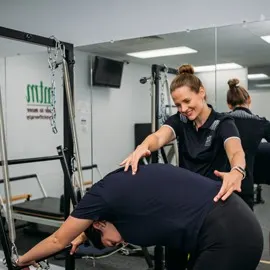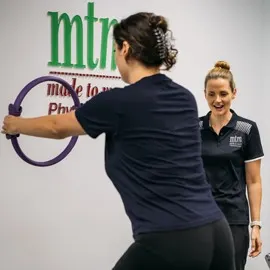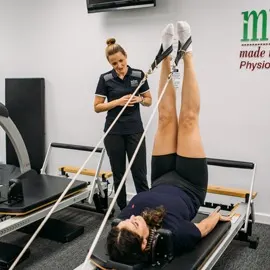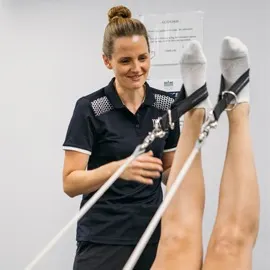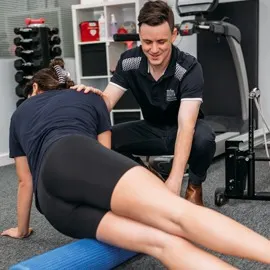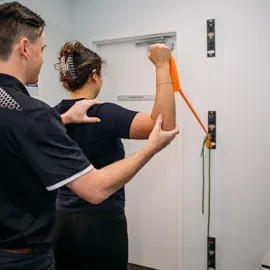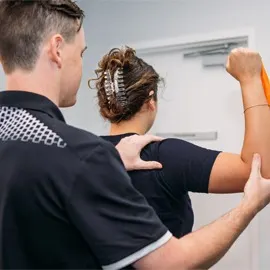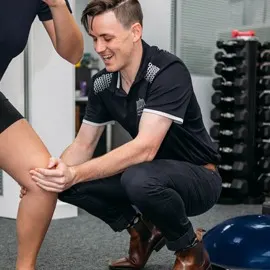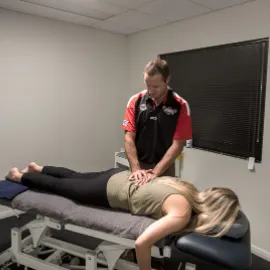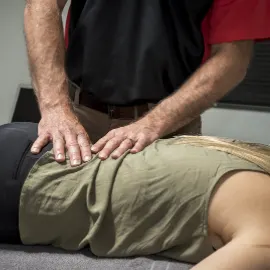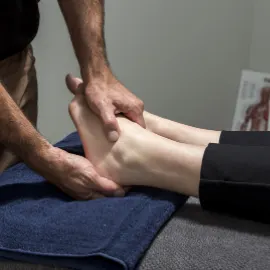Concussion: Why Early Assessment and Treatment Matters

Concussion is a form of mild traumatic brain injury (mTBI) that can occur after a blow to the head or body, causing the brain to move rapidly inside the skull. While often described as “mild”, the effects of concussion can be anything but—impacting cognitive function, mood, physical performance, and overall quality of life. At our physiotherapy clinic, we take concussion seriously and are here to help guide you or your loved ones through a safe recovery.
Understanding the Symptoms
Concussion symptoms don’t always appear immediately and can evolve over hours or even days. They may include:
- Headache or pressure in the head
- Dizziness or balance issues
- Nausea or vomiting
- Blurred or double vision
- Confusion or feeling “foggy”
- Sensitivity to light or noise
- Memory disturbances
- Sleep disturbances
- Mood changes, including irritability or anxiety
It’s also important to note that not all concussions involve a loss of consciousness. If you or someone you know has experienced a head knock—on the field, at work, or even from a fall at home—don’t wait for symptoms to worsen.
Why Early Diagnosis is Crucial
Prompt assessment following a suspected concussion is essential. A physiotherapist trained in concussion management can:
- Identify red flags requiring medical referral
- Provide baseline testing for comparison throughout recovery
- Initiate early interventions to reduce symptoms
- Help prevent prolonged post-concussion syndrome
The earlier the intervention, the better the outcome. Studies show that those who seek assessment within the first 48–72 hours tend to have a faster and more complete recovery.
What Does Treatment Involve?
At our clinic, concussion rehabilitation is tailored to the individual and may include:
- Cervical spine assessment and treatment: Neck injuries often occur alongside concussions and can contribute to symptoms like headaches and dizziness.
- Vestibular therapy: For balance and dizziness issues.
- Oculomotor training: To address visual tracking and coordination problems.
- Cognitive and exertion guidance: We help manage mental and physical activity levels to avoid overexertion that can delay healing.
- Education and reassurance: Understanding your symptoms and recovery timeline can reduce anxiety and support better outcomes.
The Importance of a Guided Return to Sport
Returning to sport or physical activity too soon can put an athlete at serious risk of second-impact syndrome or prolonged symptoms. A structured return-to-play protocol ensures a safe progression through physical and cognitive demands, including:
Symptom-limited activity
Light aerobic exercise
Sport-specific exercise
Non-contact training drills
Full-contact practice (once cleared)
Return to competition
Each stage must be completed without symptom aggravation, and progression is monitored by your physiotherapist.
When Should You Book an Assessment?
We recommend booking an assessment as soon as possible if:
- You or your child has had a recent head knock—even if symptoms seem minor.
- You’re experiencing ongoing symptoms such as headaches, fatigue, or concentration difficulties.
- You’re returning to school, work, or sport and want to do so safely.
- You’ve had a concussion in the past and want to reduce your risk of future complications.
Final Thoughts
Concussion is not something to “push through” or ignore. Early assessment and personalised care can make a significant difference in your recovery and long-term brain health. Whether you’re a parent of a young athlete, a weekend warrior, or simply concerned after a recent bump to the head, don’t hesitate to reach out.
Book a concussion assessment with our experienced team today and take the first step towards a safe, supported recovery.
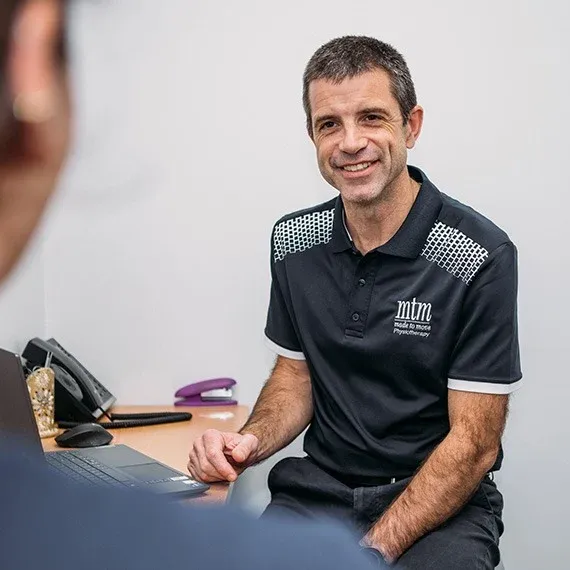
Ask a Physio
Not sure whether you are appropriate for Physiotherapy?
Fill out the form and one of our physiotherapists will be in touch with you within 24 hours.











